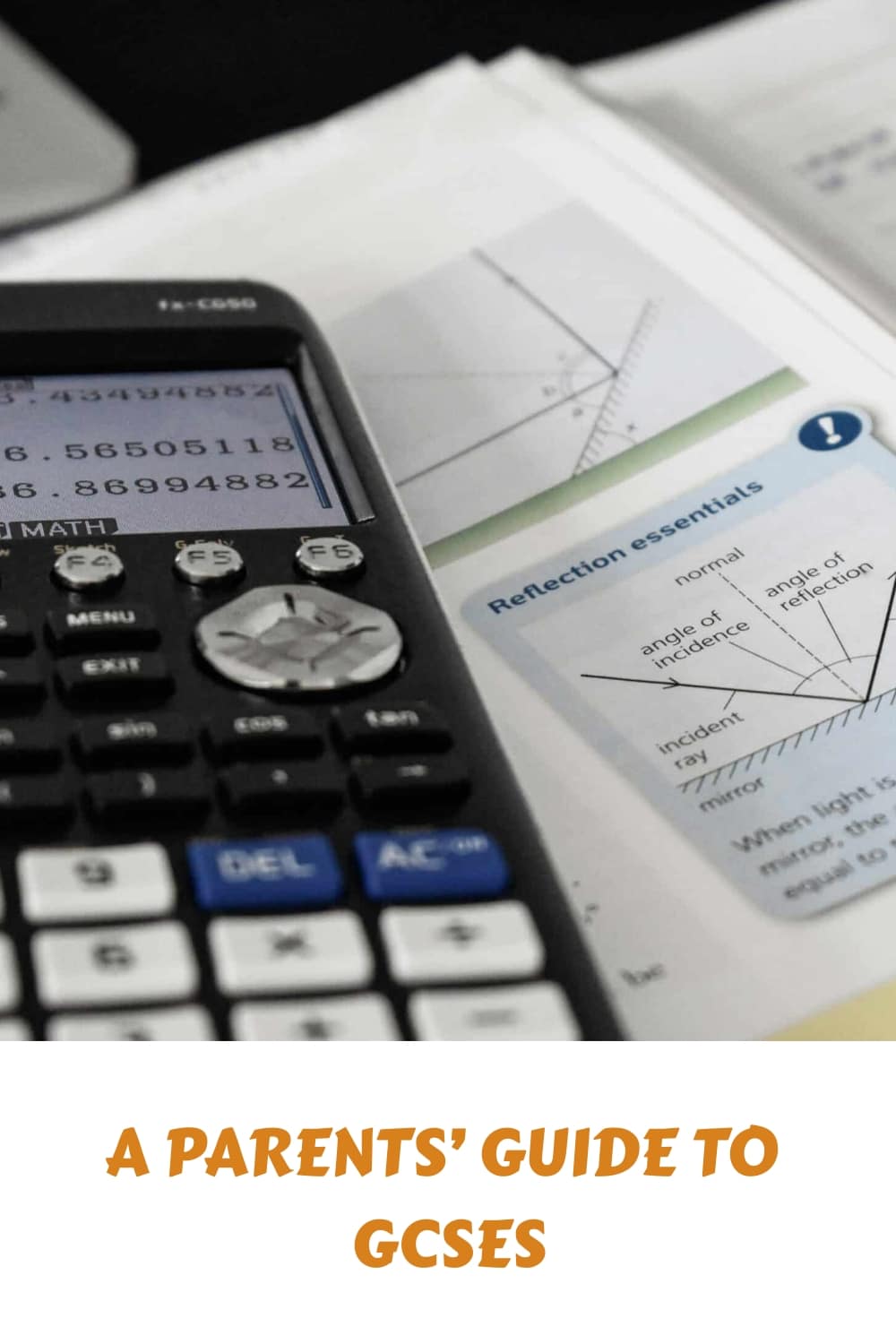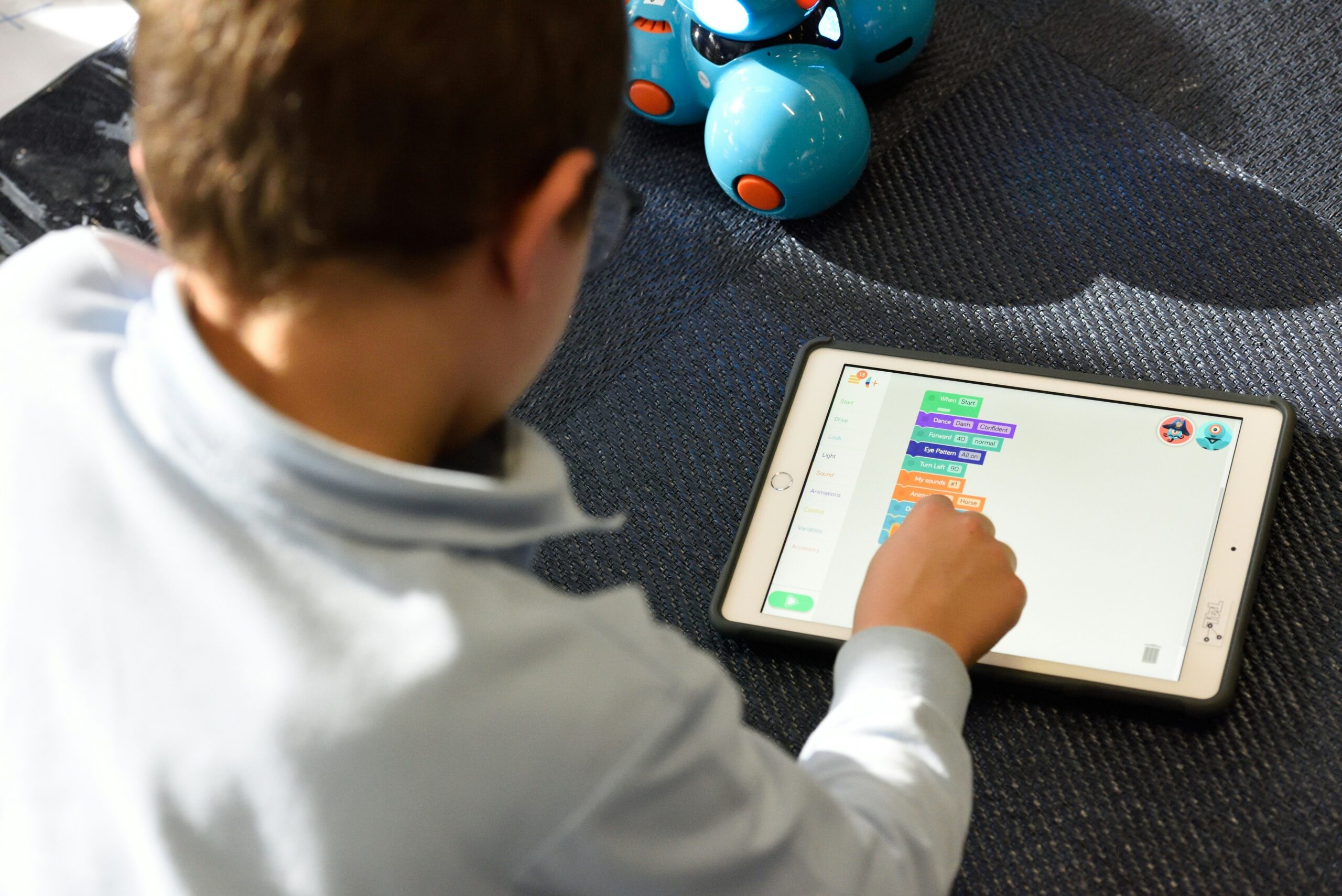A Parents’ Guide to GCSEs
As parents, guiding our children through the academic journey can sometimes feel like navigating uncharted waters. With the General Certificate of Secondary Education (GCSE) exams marking a significant milestone in their educational journey, it’s natural to feel a mixture of pride, concern, and uncertainty.
In this comprehensive guide, we aim to demystify the GCSE process, provide practical tips for supporting your child, and offer insights into how parents can help their children excel in these crucial examinations.
Understanding the GCSEs
GCSEs are a series of standardised exams typically taken by students in the UK at the end of Key Stage 4, usually in Year 11 (ages 15-16). These exams assess students’ knowledge and skills across a range of subjects, including English, mathematics, science, humanities, and languages. GCSEs are an important benchmark of academic achievement and play a significant role in shaping students’ future educational and career pathways.
Navigating Subject Choices
One of the first steps in preparing for GCSEs is helping your child navigate their subject choices. Encourage your child to choose subjects they enjoy, excel in, and are relevant to their future aspirations. Consider factors such as career goals, university requirements, and personal interests when making decisions about subject options. Keep in mind that while some subjects are compulsory, such as English and mathematics, others offer a degree of flexibility and choice.
Supporting Study Habits
Effective study habits are essential for success in GCSE exams. Encourage your child to establish a regular study routine, allocate dedicated study time, and create a conducive study environment free from distractions. Help them develop effective revision strategies, such as making flashcards, practicing past exam papers, and using online resources. Encourage a healthy balance between study and relaxation, and emphasise the importance of self-care and well-being during the exam period.
Managing Stress and Anxiety
The lead-up to GCSE exams can be a stressful time for students, with pressure to perform well and uncertainty about the future weighing heavily on their minds. As parents, it’s essential to provide emotional support and reassurance to help alleviate stress and anxiety. Encourage open communication, active listening, and validation of your child’s feelings. Remind them that their worth is not defined by exam results and emphasise the importance of resilience and perseverance in the face of challenges.
Effective Communication with Teachers
Maintaining open lines of communication with your child’s teachers is key to supporting their academic progress and addressing any concerns or challenges they may face. Attend parent-teacher meetings, engage with school communications, and proactively reach out to teachers if you have any questions or concerns. Collaborate with teachers to identify areas for improvement, access additional support if needed, and monitor your child’s progress throughout the academic year.
Encouraging a Growth Mindset
Encourage your child to adopt a growth mindset—a belief that intelligence and abilities can be developed through effort, practice, and perseverance. Emphasise the importance of resilience, determination, and a positive attitude towards learning. Praise their efforts, celebrate their achievements, and encourage them to view setbacks as opportunities for growth and learning. By fostering a growth mindset, you empower your child to overcome challenges, embrace learning, and reach their full potential.
Navigating the GCSE journey with your child can be both challenging and rewarding. By understanding the GCSE process, supporting your child’s study habits, managing stress and anxiety, communicating effectively with teachers, and encouraging a growth mindset, you can help your child navigate this important milestone with confidence and success. Remember that your support, encouragement, and guidance are invaluable as your child embarks on their GCSE journey, and that together, you can help them achieve their academic goals and aspirations.







